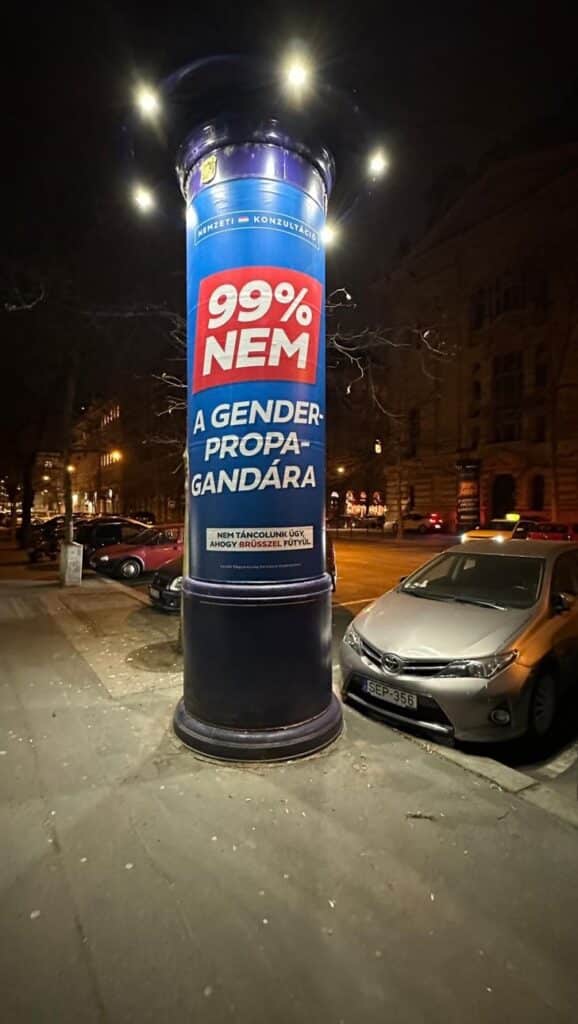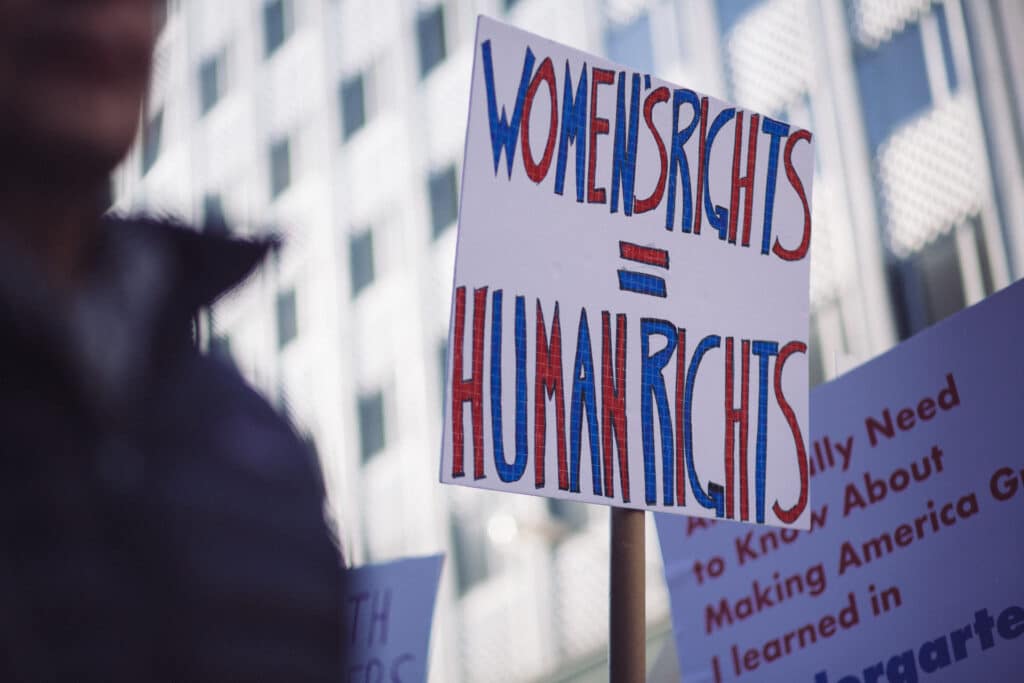Photo: Wikimedia Commons
Last Friday, March 8th, was International Women's Day, a day dedicated to gender equality and solidarity among women, that also draws attention to issues related to women's rights. Gender equality is under pressure in authoritarian regimes, according to reports from Freedom House. Preaching hierarchical, patriarchal structures is a common and old strategy of authoritarian leaders.
This is also an issue in Central and Eastern Europe. For example, Hungary and Poland had the term "gender equality" removed from an EU declaration in May 2021, and the Treaty of Istanbul - aimed at combating violence against women - was not ratified by Slovakia and Hungary.
To draw attention to this, the FMS is part of a project which is mapping gender aspects of democratic decline in Hungary and Serbia. We interviewed trainer Stefanie de Ruiter, who conducted a workshop in both countries for politicians who will work on this issue.
Women's rights in Serbia and Hungary
Serbia has made efforts to improve women's rights in recent years, including the adoption of a law on gender equality in 2021 and a strategy to stop gender-based and domestic violence. Yet much inequality remains. A European Commission progress report on Serbia states that young women in Serbia face gender discrimination when looking for work or at work, to which they are more vulnerable because of having children. De Ruiter recognises this picture from the training: "Many people struggle to see women in leadership roles," she explains.

In Hungary, too, women face discrimination in the labour market and in politics. A spearhead of governing party Fidész is to emphasise women's primary responsibility as 'mothers' and 'wives'. This is specifically aimed at boosting birth rates in Hungary's rapidly ageing population. Orbán's blueprint for 'family policy' is now taking eager notice of other far-right parties in Europe. As a result, there are few women in political office, undermining gender equality. The situation in Hungary weighs heavily on female politicians. "The propaganda is widespread (see also photo, ed.). As a result, you notice that for some participants the perspective of a better situation is far away," De Ruiter noted.
In both Hungary and Serbia, the importance of discussions around promoting the role of women in politics and society as a whole was high. De Ruiter was very positive about how the trainings went. She reported that there was a lot of enthusiasm, many personal stories were shared with each other, and there were also men present who wanted to get involved on the topic. The importance of training is to create a 'safe space' in which people can talk about their thoughts and experiences. "It is important for women to recognise that they are not alone and to make space for discussion. If you can help others, then you should."
This event was organised in part with FEPS. Read more about FEPS at https://feps-europe.eu/.
Photo: Poster in Budapest, Hungary: "99% no to gender propaganda." At the bottom: "Made on behalf of the government of Hungary"




